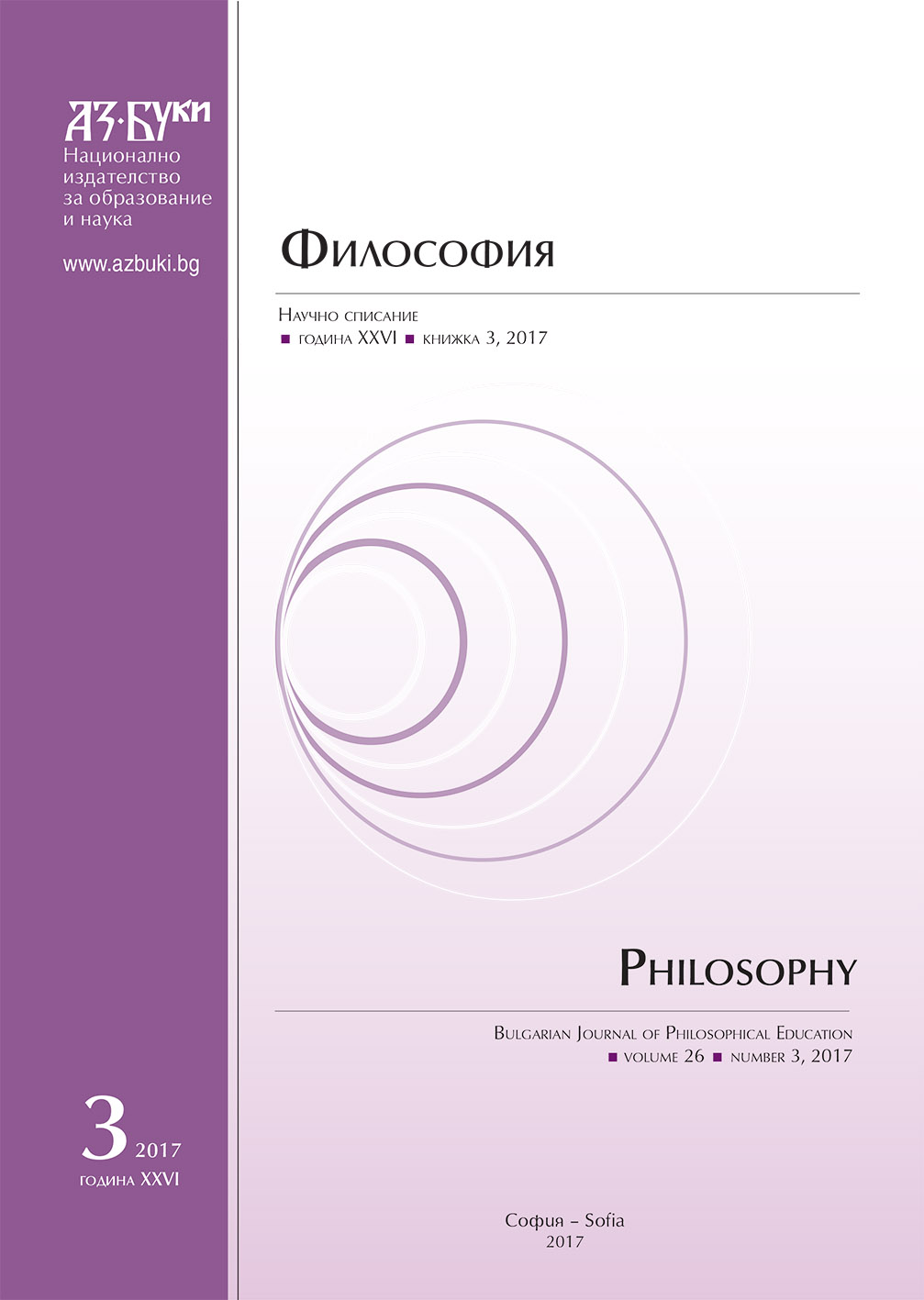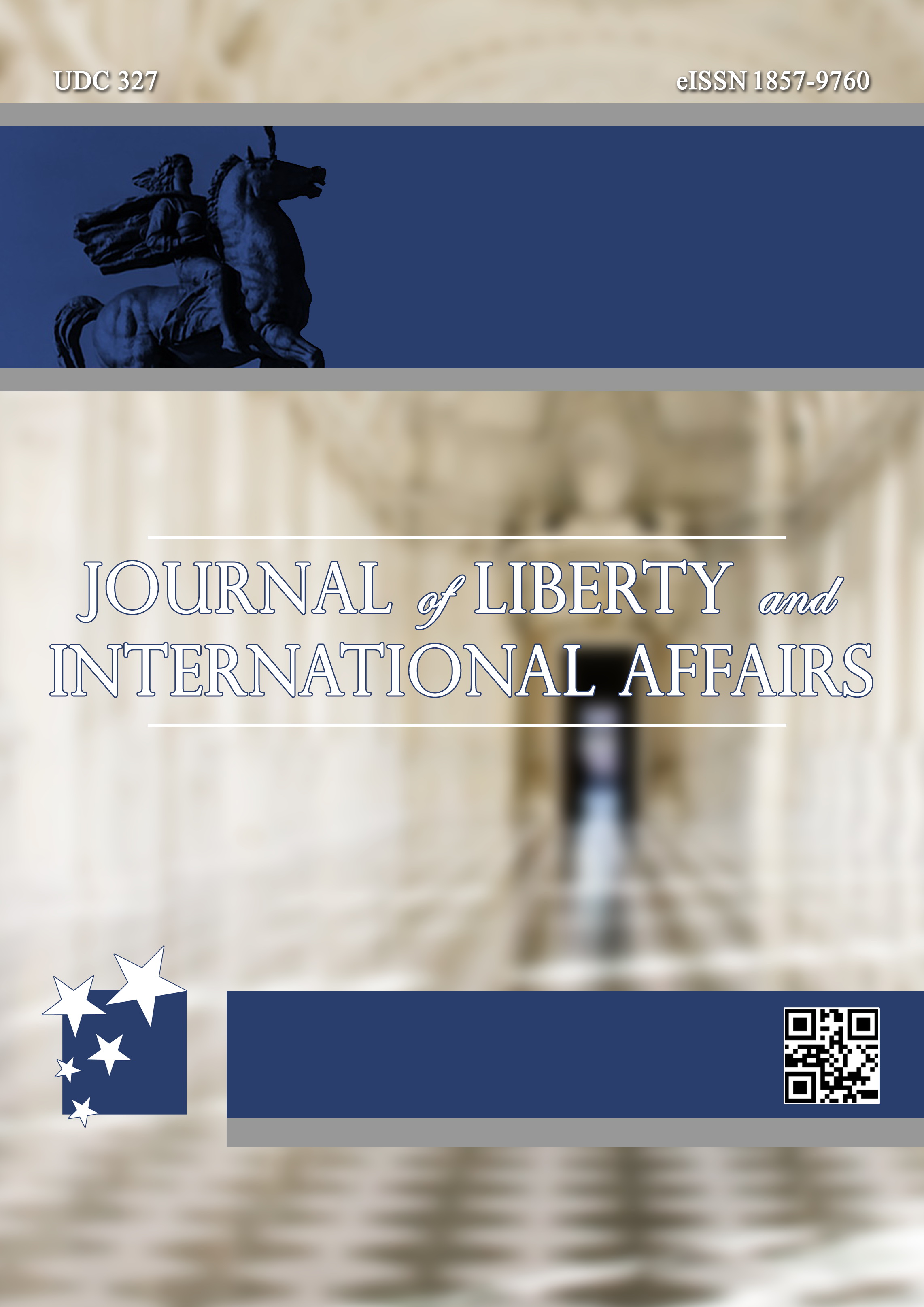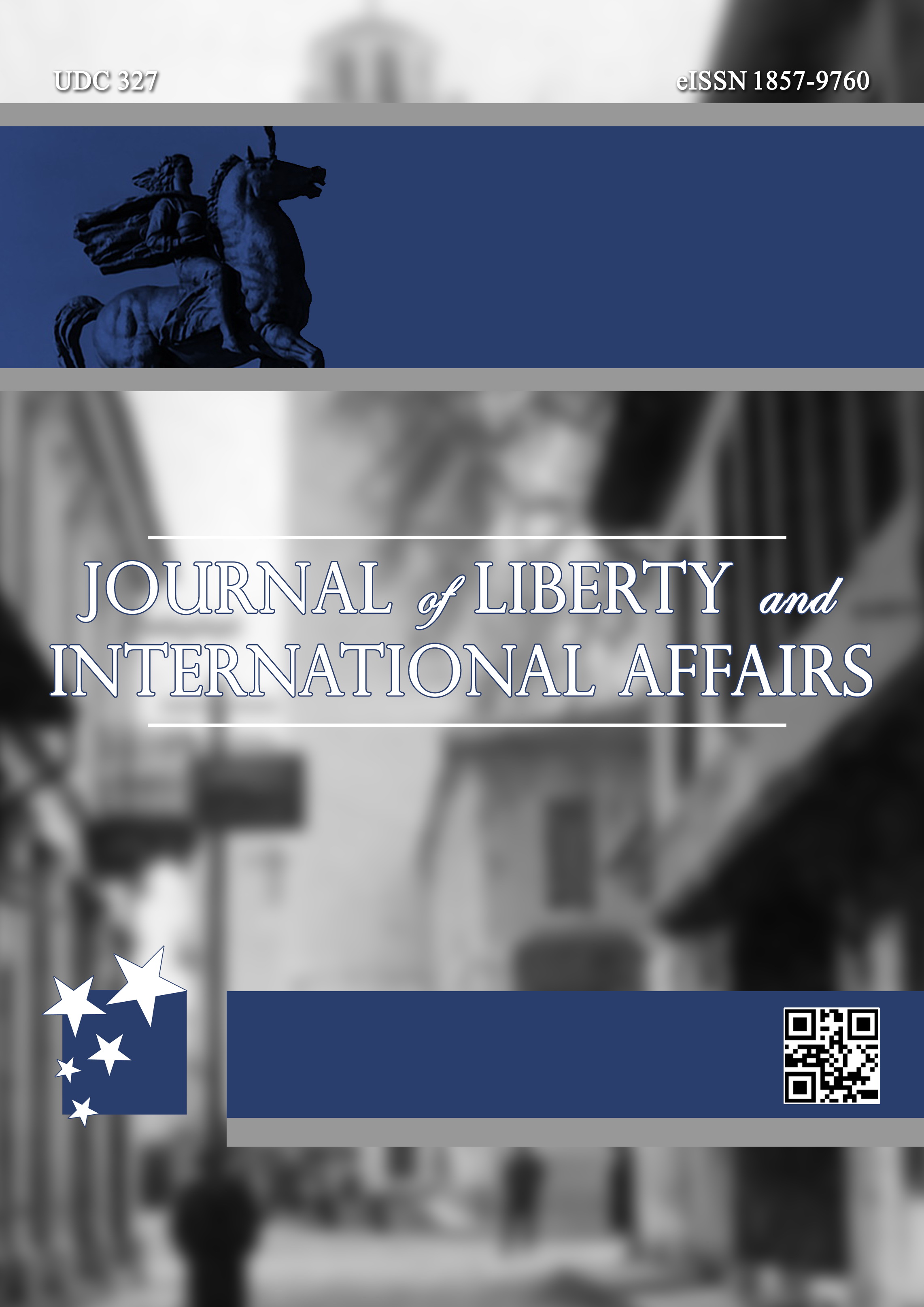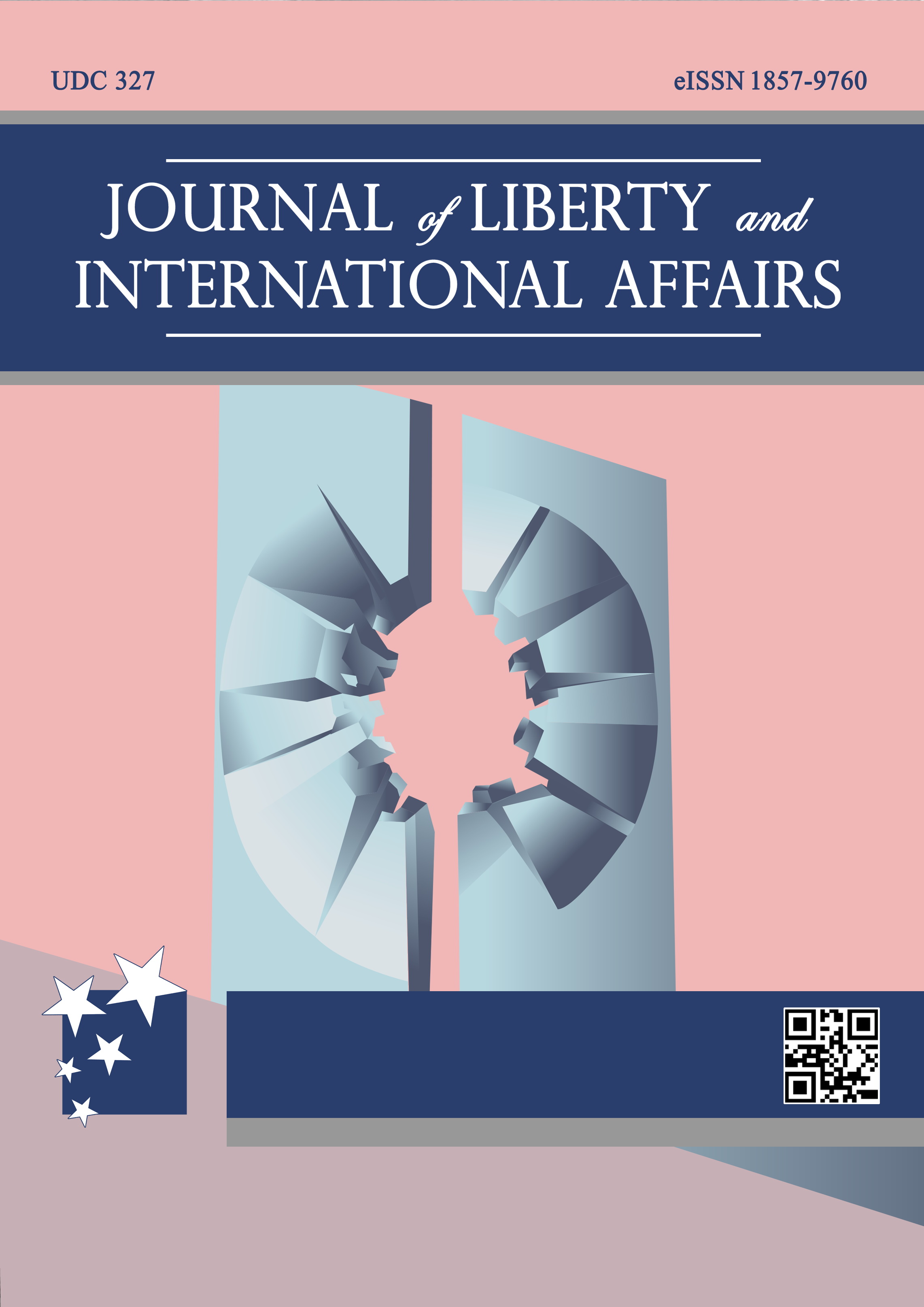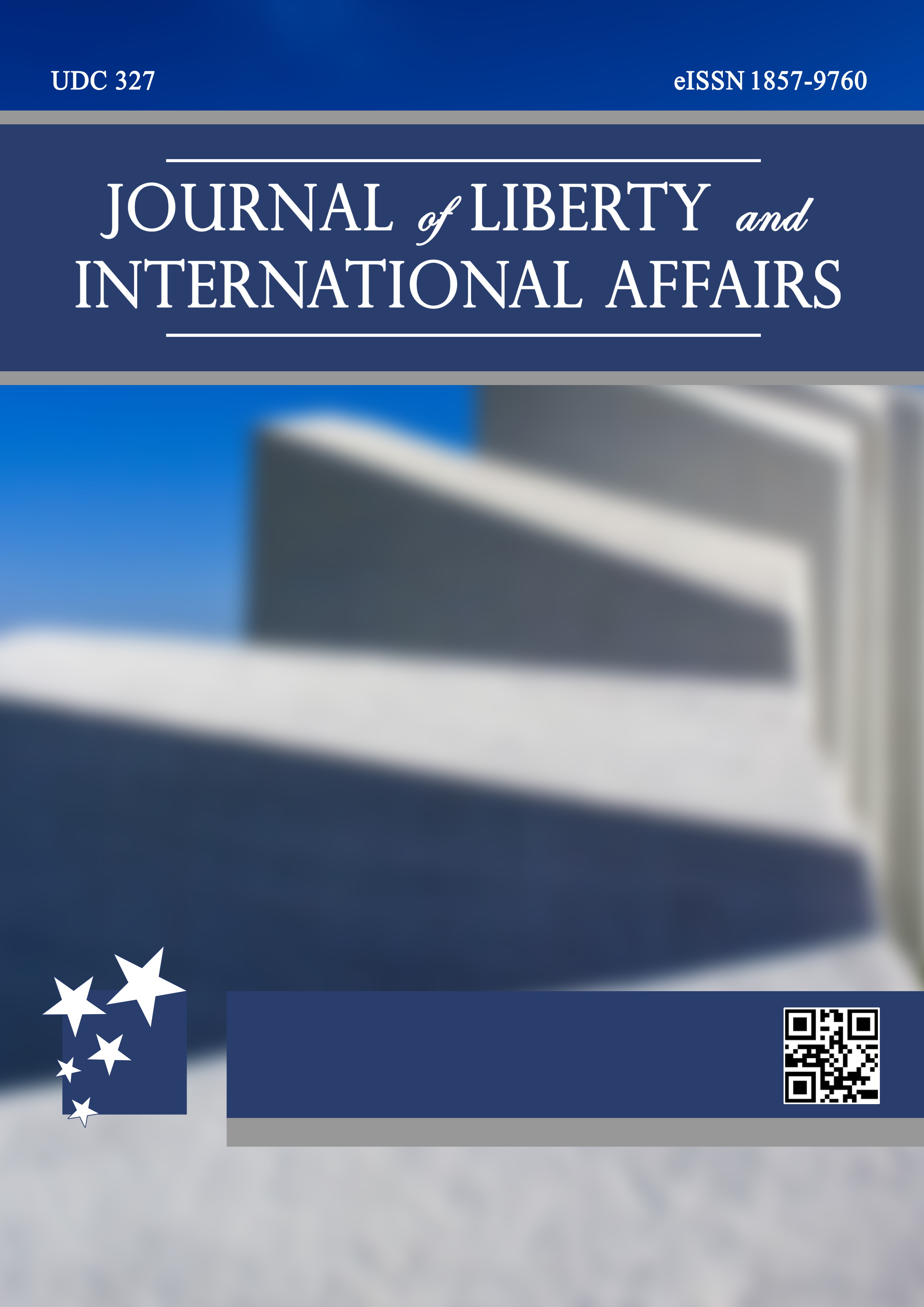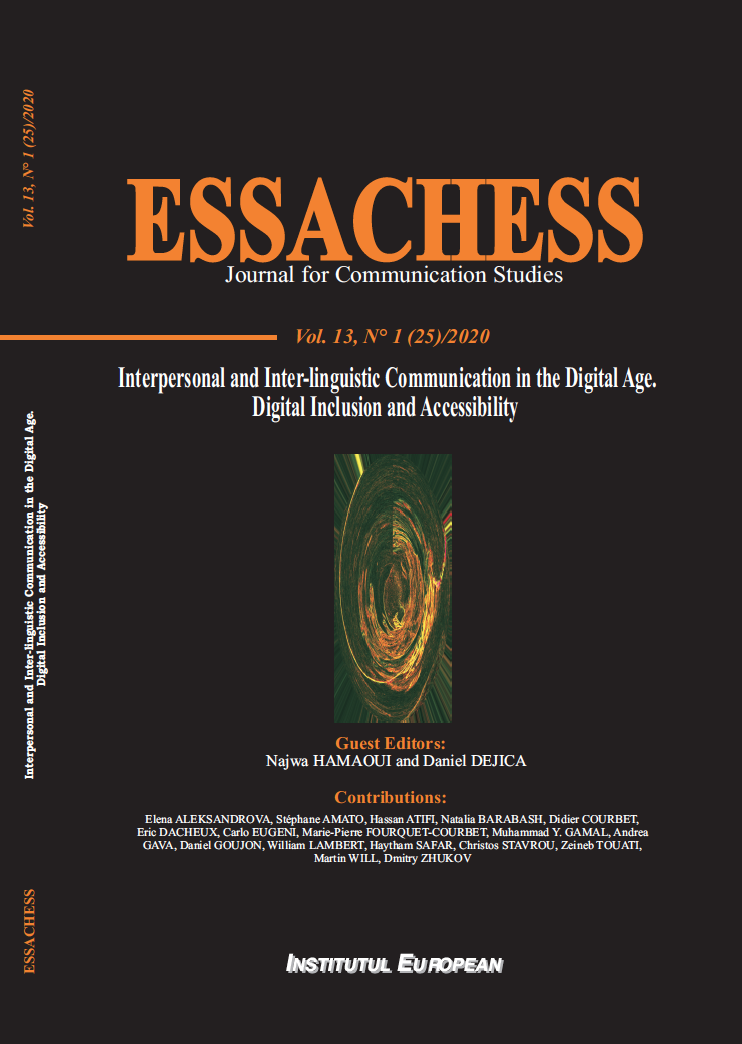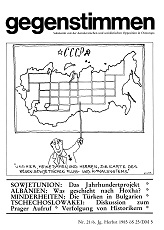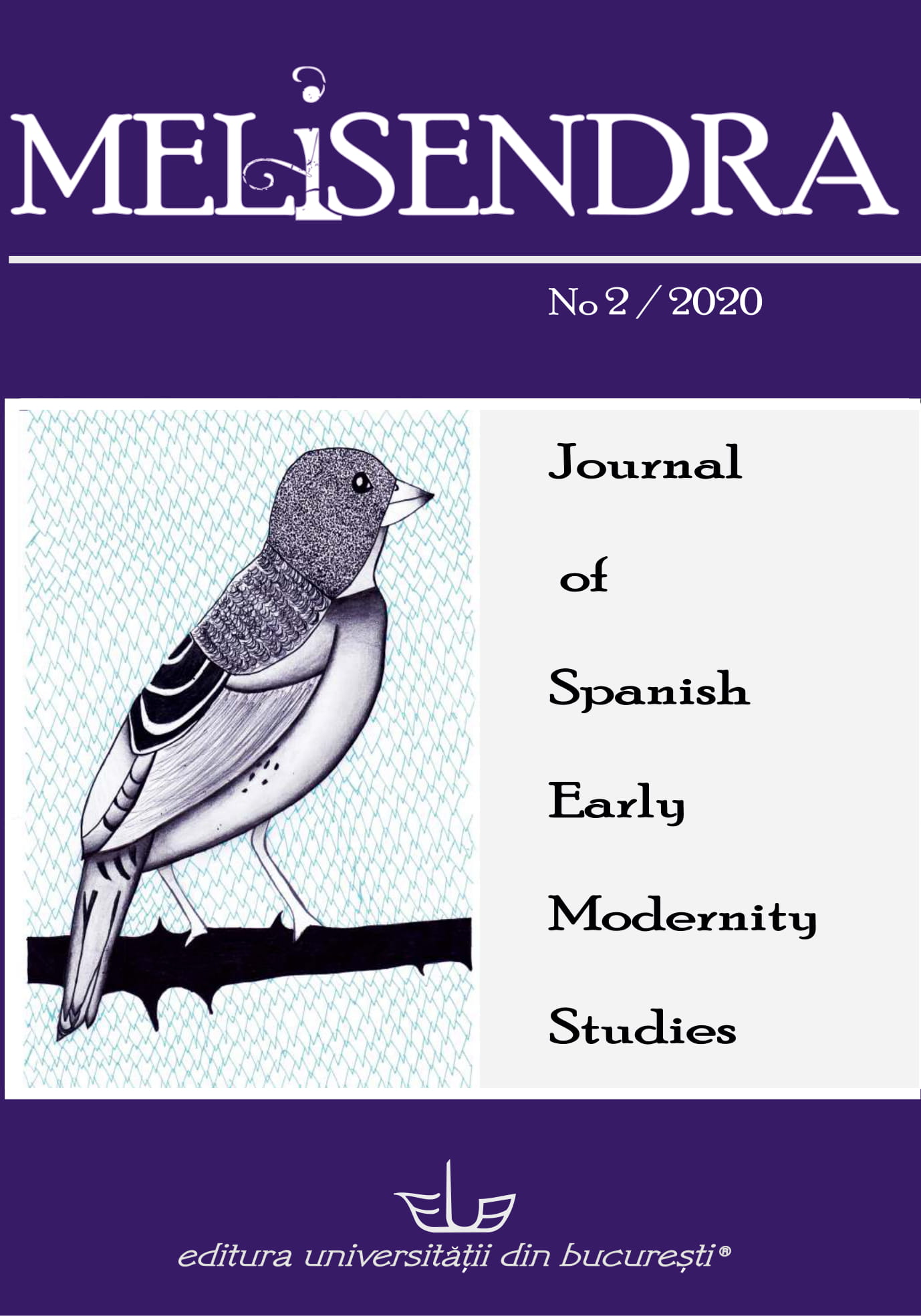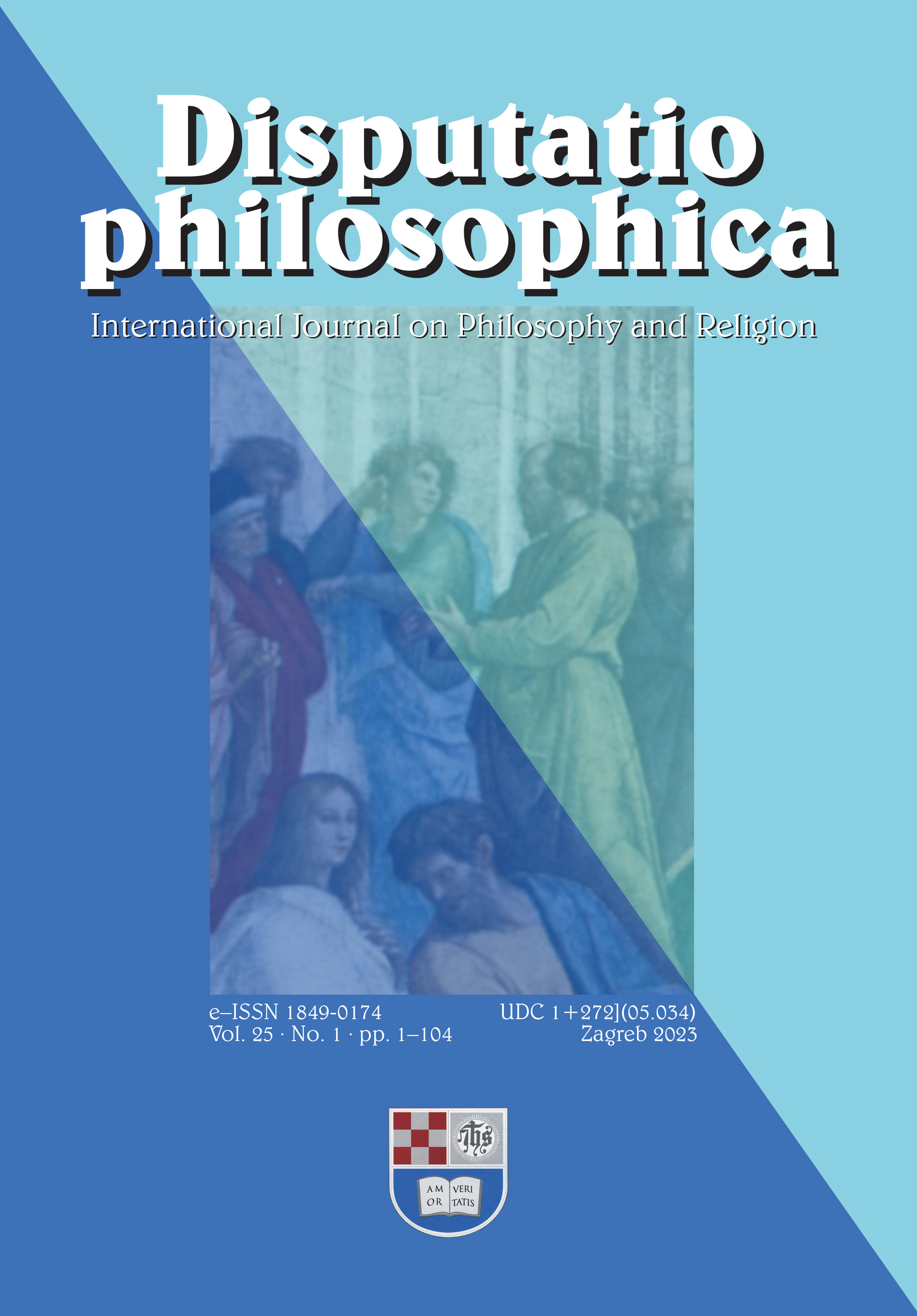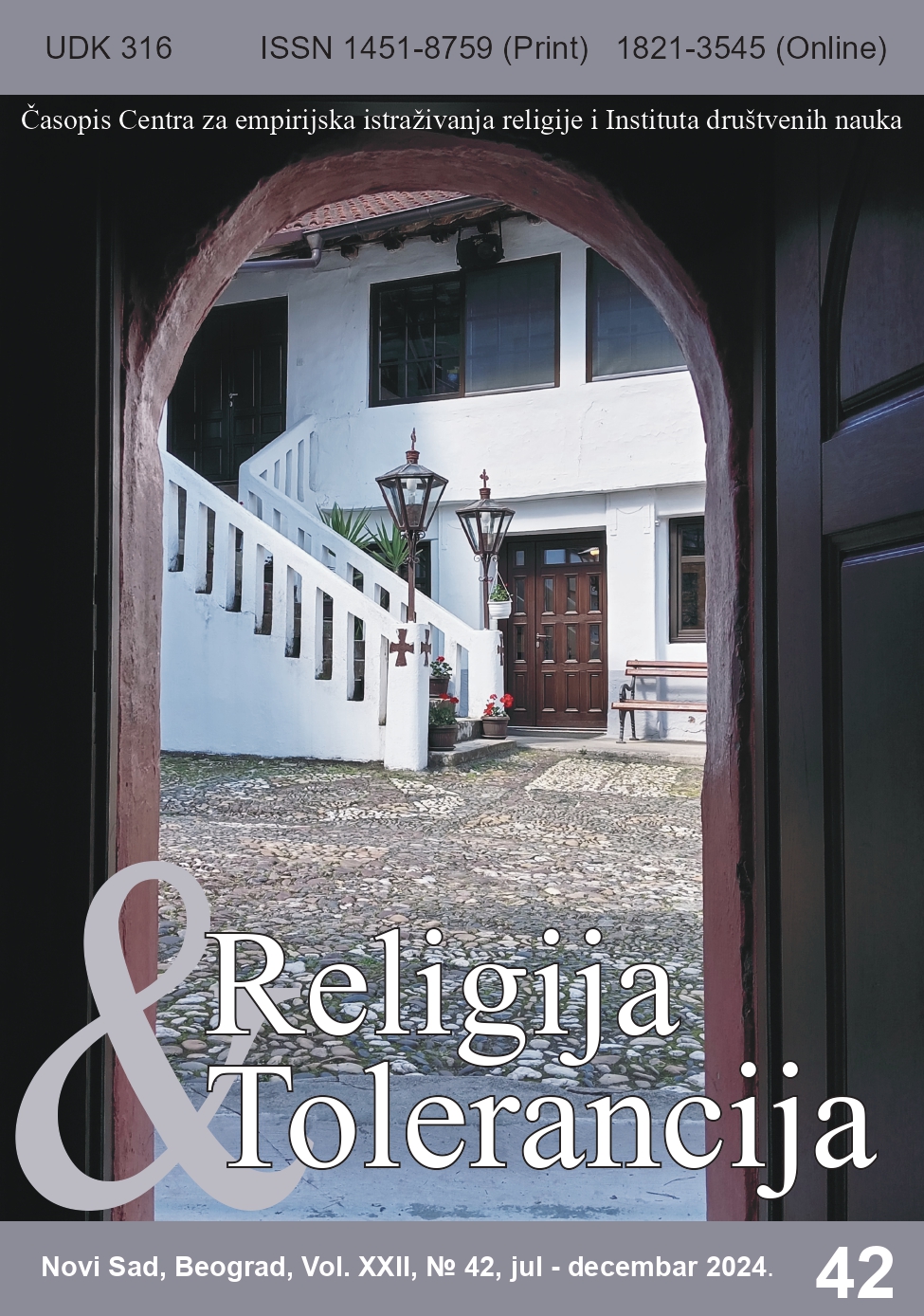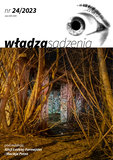Political development of the Hungarian opposition parties in the interwar Czechoslovak Republic
The paper deals with the basic issues of political development of Hungarian opposition parties during the period of the First Czechoslovak Republic (CSR). Within the frame of parliamentary democracy in CSR the whole array of political parties was active,including political associations based on the ethnic principle. Among the Hungarian community the primary role was played by the Provincial Christian Social Party (PChSP) and the Hungarian National Party (HNP). Eventually, even though they were representing primarily interests of the Hungarian population,they differed in their confessional orientation, but also in their ability to gain support of voters outside the Hungarian community. PChSP, which represented itself as the strictly Catholic Party, was able to attract preferences of a segment of Slovak Catholics. On the other side, the Hungarian National Party could count on votes of certain number of members of the Jewish minority. The both parties differentiated also in their approach to ruling coalition. Whereas MNS was pursuing a policy of opposition in some circumstances it was open to cooperation with government if its demands aimed at improvement of the status of Hungarian community would be met, the PChSP was a priori against any cooperation with government. Till their unification both Hungarian opposition parties were active as autonomous political associations.A dramatic development of political situation at the close of 1938 resulted in a radical change of the status of the Hungarian political opposition as well as Hungarian population. On the basis of Vienna Arbitrage from 2 November 1938, a sizeable part of the Southern Slovakia, where the majority of members of the Hungarian minority lived was annexed by Hungary.
More...
